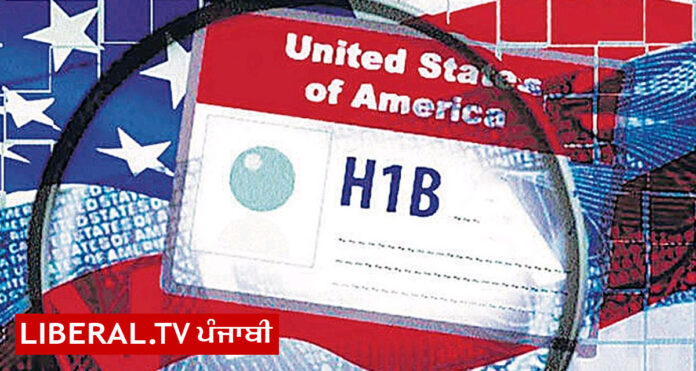Starting March 7, 2025, U.S. employers will be able to register for the highly coveted H-1B visa lottery for the 2025 fiscal year. This lottery, which will close on March 24, 2025, will select candidates to begin employment from October 1, 2025, through September 30, 2026. However, the process is undergoing significant changes this year—changes that reflect an ongoing effort to improve the integrity and efficiency of the system, albeit at a greater cost for employers.
One of the most notable shifts is the sharp increase in the registration fee. Previously set at a mere $10, the fee per applicant has now surged to $215. This adjustment, though burdensome for many companies, is an attempt to eliminate the fraudulent practices that have long plagued the lottery system. For years, some employers were able to game the system by submitting multiple applications through different sponsoring firms, boosting their chances of selection. The higher fee is designed to disincentivize such behavior, effectively cleaning up the process.
Equally important is the administrative overhaul that accompanies this fee hike. The system now requires that each registration be linked to a unique passport number, making the process more streamlined and secure. This move is a clear step toward reducing duplicate registrations and fraud, aligning with broader national security concerns. Employers, however, will still be able to place orders for new positions, and the selection process remains largely unchanged on the employer’s end. What’s new is the heightened scrutiny the entire process will face.
Following the close of the registration period on March 24, USCIS is expected to complete its lottery selection by March 31, 2025. Employers whose candidates are selected will be required to submit the full H-1B visa application, along with the necessary documentation and fees, as they have in the past. However, under the revamped system, USCIS is keen to avoid the frequent second lotteries that were common in previous years. With the new regulations, the goal is to fill the visa quotas in a more efficient manner and reduce the need for additional rounds of selection.
The changes don’t stop there. On January 17, 2024, the U.S. Citizenship and Immigration Services (USCIS) implemented new H-1B modernization rules that further refine the process. These updates include a redefinition of what constitutes a “specialty occupation,” offering more flexibility in terms of job responsibilities and qualifications. This move is designed to attract a wider pool of applicants, ensuring that companies can find the skilled workers they need.
Moreover, the rules also introduce stronger integrity measures aimed at preventing fraud. With this increased scrutiny, experts predict that USCIS may request more documentation than ever before through Requests for Evidence (RFEs). This trend, reminiscent of the previous administration’s approach, signals that applicants and their employers will need to be extra diligent in preparing their materials. The increased risk of RFEs, coupled with the new fee structure and tighter registration rules, means that H-1B applicants will face a much higher bar for approval.
In light of these changes, it’s crucial that employers prepare meticulously for the upcoming lottery. This includes ensuring the correct documentation is in place, avoiding multiple registrations, and being ready to file promptly if their application is selected. With the rising competitiveness of the process, the window of opportunity for successful candidates may be narrower than ever.
For employers, the message is clear: stay informed, adjust to the new rules, and work closely with immigration lawyers to navigate the evolving landscape. The 2025 H-1B visa registration is shaping up to be more challenging than ever, and those who fail to adapt may find themselves at a distinct disadvantage.



